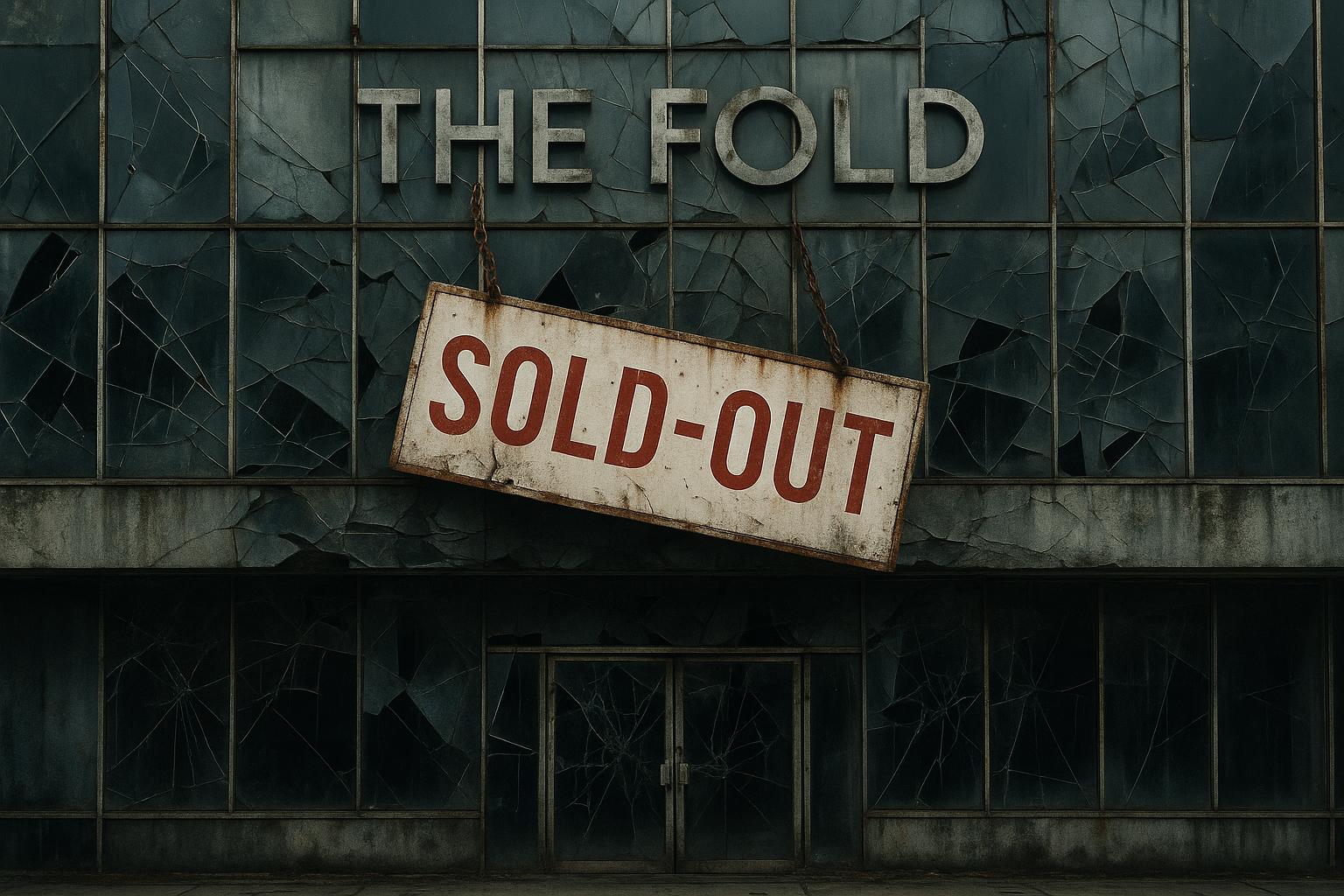Residents of The Fold, a 35-storey luxury apartment tower in Croydon completed in 2022, are confronting a dire housing crisis that has forced a mass evacuation and drawn critical scrutiny on the building's owners and the local council. Once marketed as the flagship development in Queen’s Square, The Fold is now largely uninhabitable, plagued by extensive structural defects including pervasive damp, mould, sewage leaks, collapsing ceilings, and serious fire safety concerns. Despite rents reaching as high as £1,480 a month for a one-bedroom flat, the building is only 30% occupied after residents were compelled to vacate due to the unsafe conditions.
The owner, Legal & General (L&G), holds a 250-year lease, while the council retains the freehold of the Queen’s Quarter site. Residents and their representatives are urgently seeking council support to hold L&G accountable for what they describe as “dangerous” living conditions and a failure to address their grievances adequately. Former resident Jack Fordham, who participated in a protest outside Croydon Town Hall, expressed frustration with the foundering communication and support system, stating: "When push comes to shove, we are asking the council for help, and then we can find out who actually stands for us."
The situation is alarming partly because of the discovery that faulty construction work by the now-defunct Henry Construction requires the building to be stripped back to its concrete frame, with remediation potentially extending until 2027. All residents must leave by March 2026, with fire safety issues—such as the presence of only a single staircase serving as a fire escape—heightening concerns further. The Fold’s management company, Urbanbubble, admitted to faults in the fire alarm system and has taken measures including installing four fire marshals and providing battery-powered smoke alarms. Yet, residents remain wary, with tenant Reuben Cox highlighting the conflicting communications that left them confused about whether the building was safe to remain in.
The impact on residents has been severe, with numerous reports of health problems linked to mould exposure and distress over sewage leaking into bathrooms. Compensation offered by L&G includes rent refunds equivalent to four months, full return of deposits, and additional payments to cover moving costs. However, tenants represented by the renters union ACORN argue that the compensation does not fully redress the trauma and disruption caused. ACORN’s representative Kane Newman has urged for stronger council backing, emphasising the need for enforcement of tenancy laws to protect vulnerable renters and hold landlords to account amid the wider housing crisis.
Croydon Council, while owning the freehold to the site, has clarified it bears no management responsibility for The Fold. Its role remains regulatory rather than operational, and the council confirmed it was not involved in construction oversight. Instead, enforcement falls primarily on the London Fire Brigade regarding fire safety. The council noted ongoing coordination efforts with L&G and the Fire Brigade to safeguard remaining residents but admitted to previously limited engagement directly with tenants. The council also contrasts The Fold’s woes with the neighbouring Malcolm Wicks House, a council-owned social housing block built at the same time by Henry Construction, where annual fire risk assessments, regular safety checks, and tenant communications have assured residents safety with no similar defects identified.
Despite these assurances, the wider context in Croydon reveals ongoing housing quality challenges. Hundreds of council properties across the borough continue to suffer from damp and mould issues, according to government data, highlighting persistent systemic problems that affect low-income tenants more broadly. The Fold’s predicament is emblematic of these failures and has reignited calls for improved regulatory oversight and accountability mechanisms in newbuild developments.
Legal & General maintains that resident safety and wellbeing are its priorities, apologising for communication shortcomings and confirming ongoing support measures. The company asserts comprehensive remediation efforts are underway and pledges continued engagement with residents, including weekly updates and personalised support. Nevertheless, at present, the building's future remains uncertain, and for many former residents, it represents a bitter cautionary tale about the gap between newbuild promises and lived realities in Croydon’s fraught housing market.
📌 Reference Map:
- [1] (MyLondon) - Paragraphs 1, 2, 3, 4, 5, 6, 7, 8
- [2] (South London News) - Paragraphs 1, 3
- [3] (Inside Croydon) - Paragraph 4
- [4] (Inside Croydon) - Paragraph 3
- [5] (Inside Croydon) - Paragraph 6
- [6] (Evening Standard) - Paragraph 7
- [7] (Inside Croydon) - Paragraph 5
Source: Noah Wire Services
